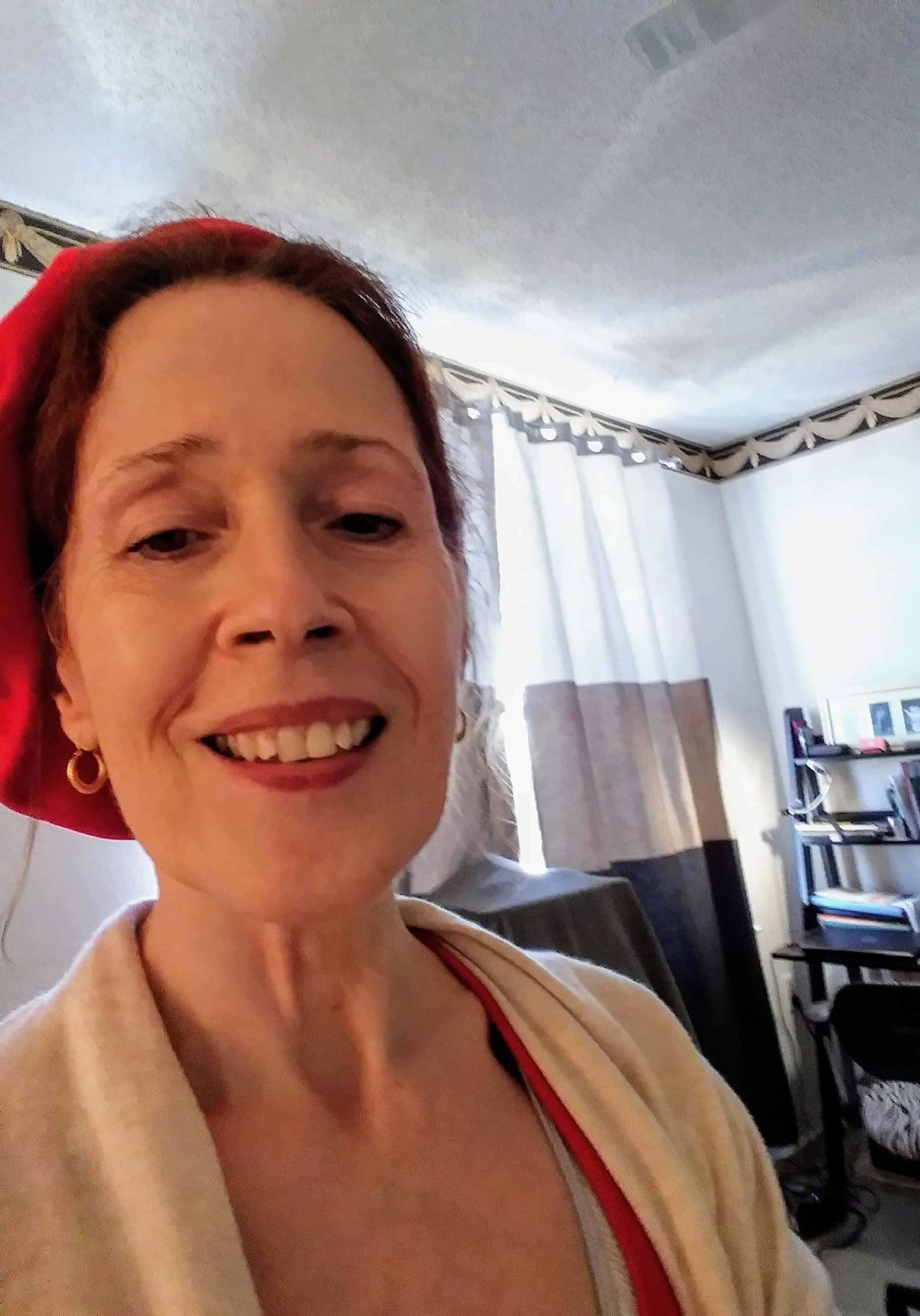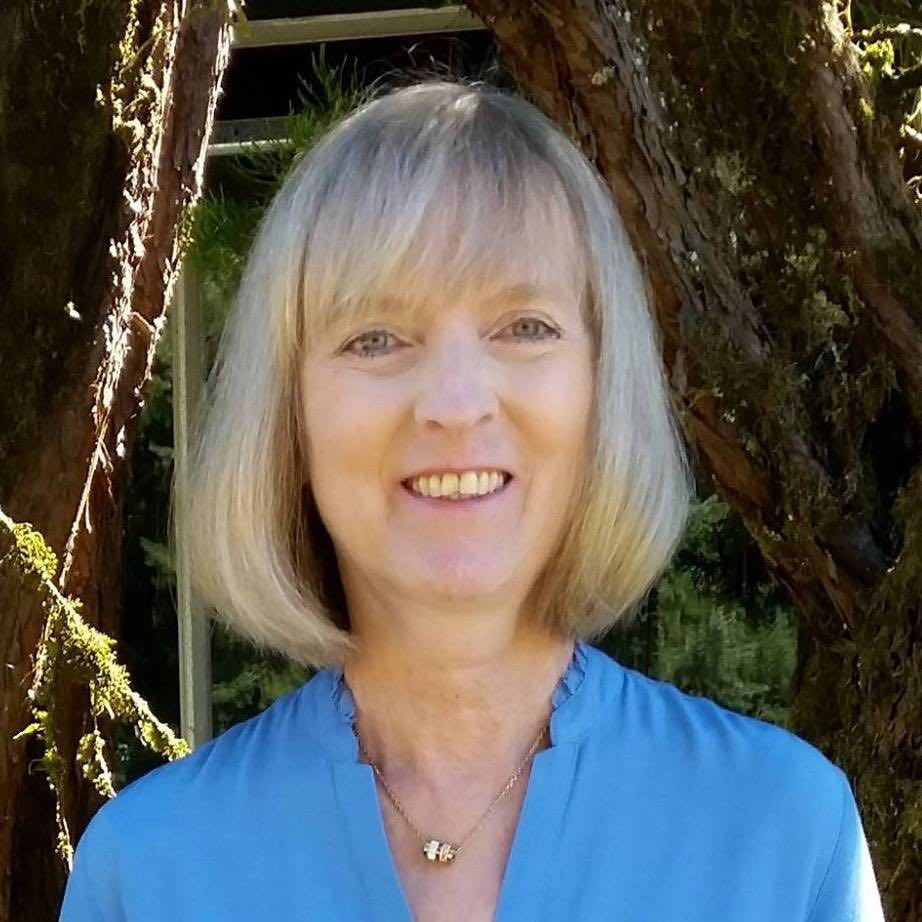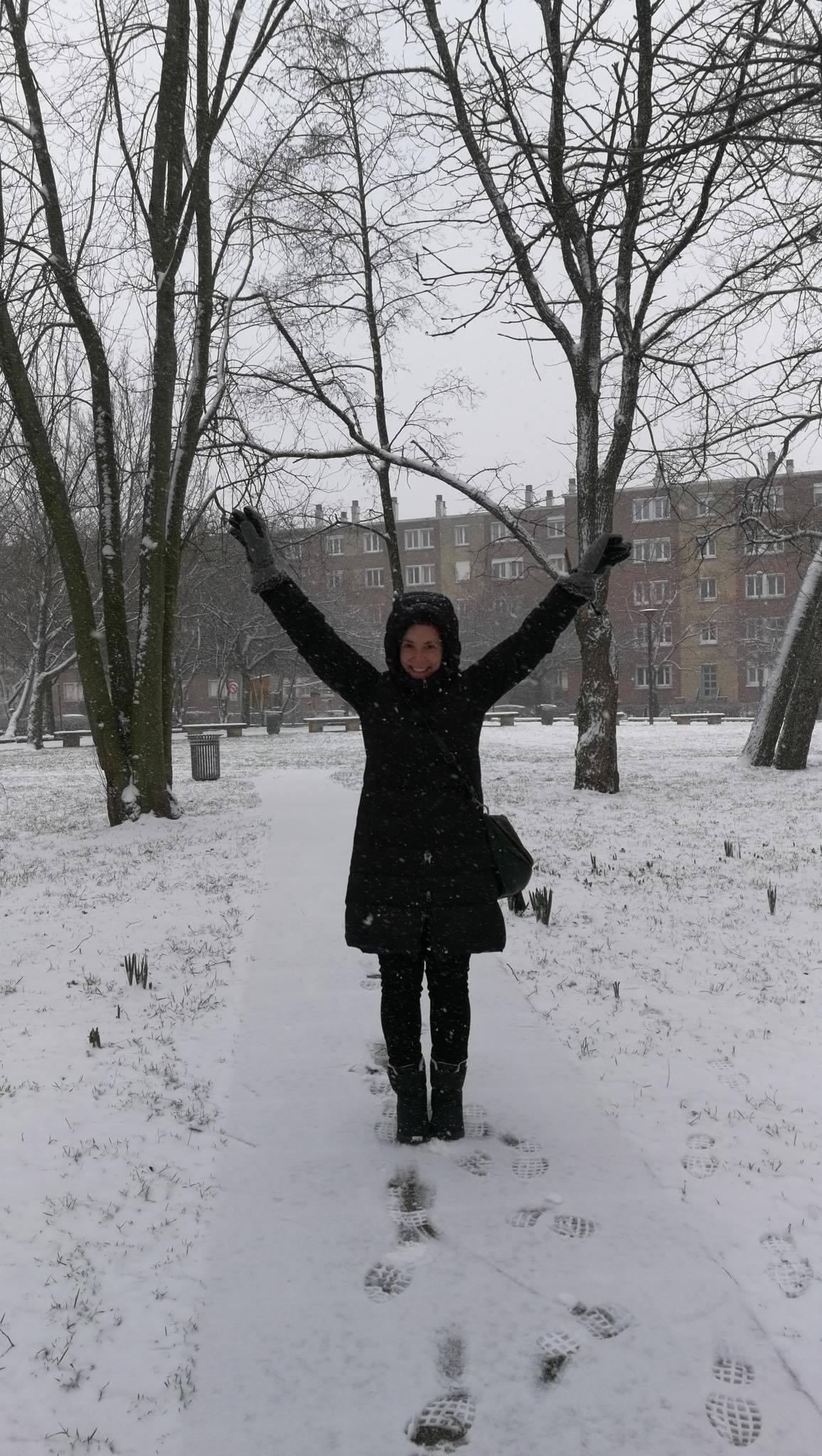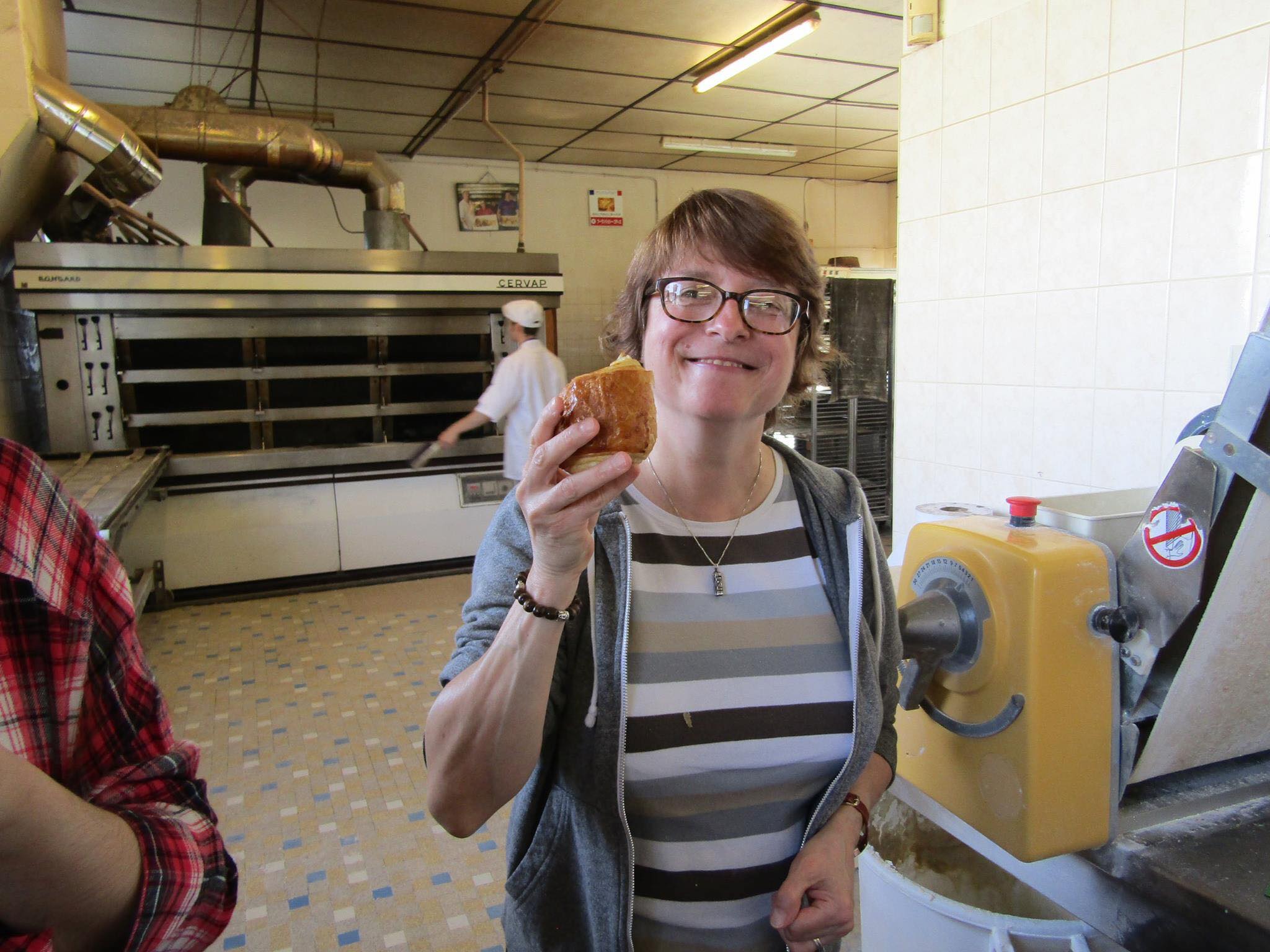Bilingual & Bicultural Status Part #1: Six Expatriates—an informal case study
As a French expatriate who has been living in the United States for 45 years, I consider myself bilingual and, to a large extent, bicultural.[1] I have often pondered over what this means – and some years ago, I expressed those musings in writing in a few blog posts.
A project that I have had in mind for at least a decade now but has not come to fruition was to examine the complex lives of American expatriates who live in France, and of French expatriates who live in the United States.
This topic absolutely fascinates me and, when after having seen a Facebook post on which I had expressed my gratitude about being bilingual/bicultural, Judy MacMahon, the Fondatrice of MyFrenchLife.org asked me if I could write a longer piece on that topic, I immediately agreed. So, here I am.
Bilingualism is not the burden or the problem it has been made out to be by some, but neither is it the complete bliss that others would have us believe.
– François Grosjean, Bilingual: Life and Reality –
Six expatriates—an informal case study
I quickly decided that, although my own experience is relevant, I should not focus solely on myself, but would approach a few friends who are either American expats who live in France or French expats who live in the United States and ask them a few questions about their lives as bilingual/bicultural individuals.
These five friends and myself—we’re all women—Marie-José, Sylvia, Laurence, Betty, Rebecca, and the author Elisabeth.
– Three are American: Betty lives in Rodez, in central southern France; Rebecca lives in Lille (from where I hail), and Sylvia lives in a suburb of Lille.
—Two are French: Marie-José moved to Florida a few years ago, after having lived for decades in northwestern Pennsylvania, and Laurence lives in New York State.
—All of these women are college-educated. Sylvia has a French doctoral degree in chemistry, and Rebecca has a French maîtrise.[2]
How did we all get to be expats?
Is it always about love, education, or job opportunities, or…
There are many reasons that lead people to uproot themselves, so the first question I asked my friends: how did they end up in another country?
For three of my friends, as well as for myself, the answer was ‘love’.
It is, indeed, one thing that many expatriate women have in common: They fall in love with someone who lives in another country, the relationship becomes serious and leads to marriage, and then a decision is made as to where the couple will settle.
Betty explained that the decision to settle in France in 1990 with her French husband – whom she had met in the USA – was based on the fact that her French was better than his English; she had studied in France and had returned there a few times, had taught French in America, and was “enthusiastic about becom[ing] part of the [French] culture.”
The same is true for Rebecca, who had studied in France in the late 1990s, had returned there after having graduated from college, and met her husband just a couple of weeks before having to fly back to the U.S. She eventually returned to France to start a maîtrise there and to figure things out – she turned down “an amazing job” in the U.S. to do so. She and her husband got married in 2003.
It was also love that brought Marie-José to the U.S., some 42 years ago. She was a young docent at the Musée Basque in Bayonne (France, not New Jersey!!!), who caught the eye, and then the heart of a museum visitor, a Frenchman who taught French at a university in the U.S.A. They corresponded, he visited her in Paris where she was a student and, even though she had “no intention to come to the U.S.,” he managed to convince her to do so.
The same is true for me: I spent a year in the United States in 1973-74 and, at the end of that year, met a young French teacher (he was American), and we fell in love. I returned to France, but he proposed to me close to immediately, we got married in 1975, and I then moved permanently to the U.S. In our case, there was never any question as to where we would live: My future husband had a job in a Delaware high school, whereas I was a university dropout who was at that time unemployed.
And if it wasn’t love – what was it?
Education and job opportunities are other reasons why people end up being expats.
That was the case for Sylvia who, in the sixties, came to France to do a Master’s degree – because “France was at the top in spectroscopy at the time,” and ended up staying there for a doctorate. Finding a job in her field in the U.S. proved impossible. She and her husband (an American scientist as well) found teaching/research positions in Zaire, and then in Quebec, where they stayed for 10 years. When the economy in Quebec turned sour, they found temporary posts in France, which eventually became permanent. As Sylvia puts it, “nothing was ever planned; nothing was ever easy; but in the end, nothing was regretted.”
Laurence followed her French husband to the U.S. – he was pursuing a professional career as a musician. She decided to remain there after her marriage had ended, because her first-born son had been diagnosed with severe autism, and she “decided to stay in the USA where the understanding of the syndrome was more humane than in France at the time.”
Are you an expat and do you consider yourself Bilingual and/or Bicultural? Please share your experiences and comments with us below.
Image credits:
Works Consulted:
- Barlow, Julie, and Benoît Nadeau, The Bonjour Effect: The Secret Codes of French Conversation Revealed. St. Martin’s Press, New York, 2017.
- Grosjean, François, Bilingual: Life and Reality. Harvard University Press, Cambridge, 2010.
Another useful read (although probably difficult to find in English):
- Huston, Nancy, Losing North: Essays on Cultural Exile, Mcarthur & Co. New York, 2002.
- Original French edition: Huston, Nancy, Nord perdu, suivi de Douce France, Acte Sud, Paris, 1999.
Bilingual and Bicultural Status is a 5 Part Series
Part #1: Six Expatriates—an informal case study—Introduction (this one)
Part #2: Am I bilingual yet?
Part #3: What helps and hinders acclimatization?
Part #4: Two Cultures – how to juggle?
FINAL: Weird expectations, Children and Writing













Interesting blog- can relate to the “love” which pulls you to another country. I’m a Mauritian settled in India, Delhi since 8 years; met my husband in 2007 after my graduation when I was about to fly back to Mauritius. It was a distance relationship of 6 years until the love pulled me back to India. I’ve adapted myself to the new culture, learnt the language and I’m now multi lingual speaking Creole, French, English & Hindi. I’m working with a French company and had the opportunity to stay for few months in Paris, Montréal- Canada for official trips..Love travelling & exploring..Amazing experience.. Une expérience formidable!